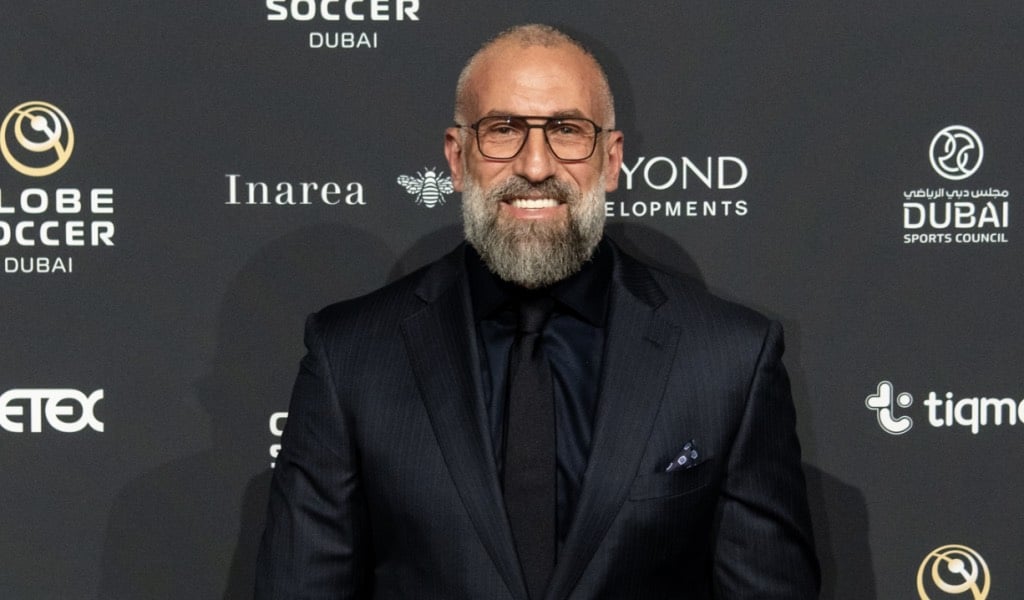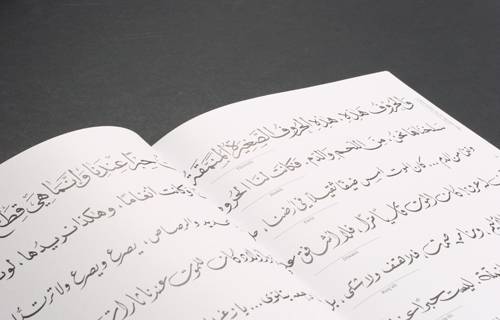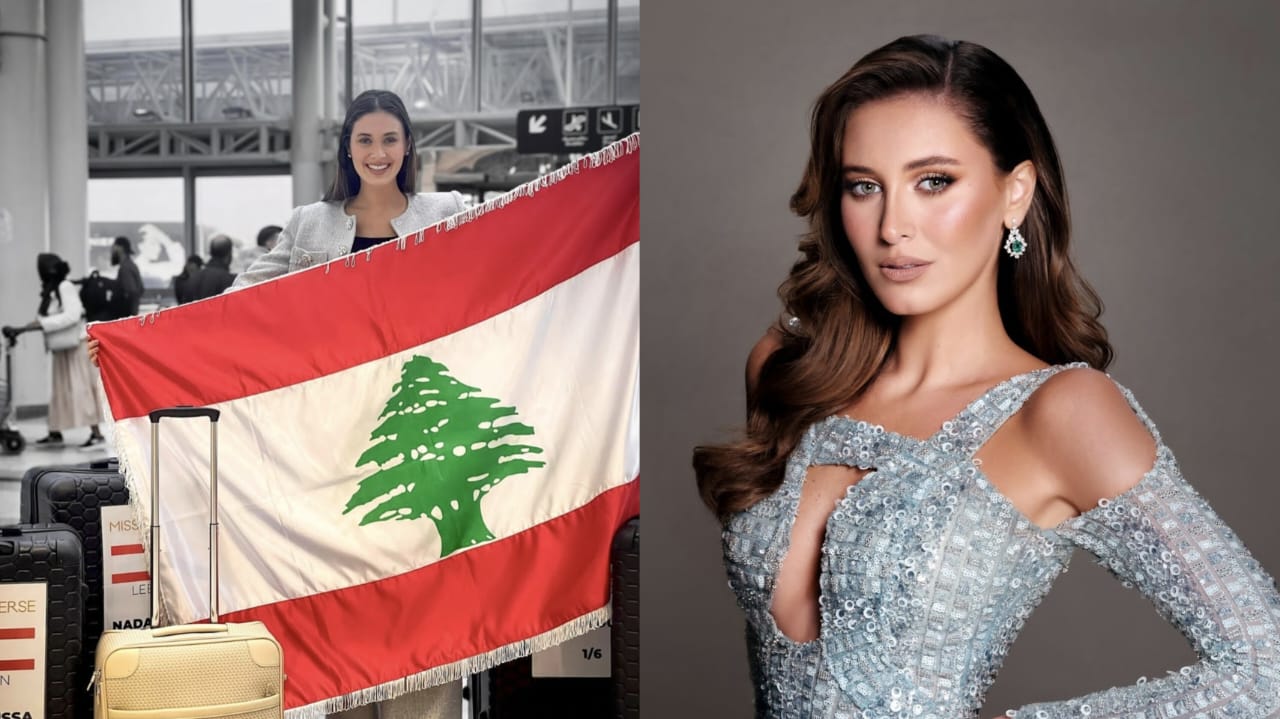Blog
Artist Profile: Bass Breche and the Politics of Telling Stories
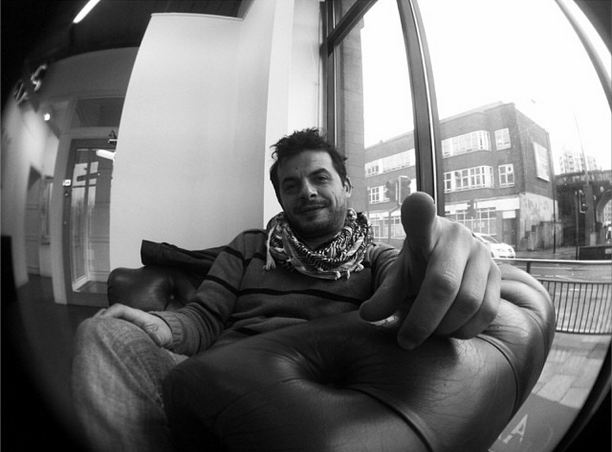
(Photo via Instagram.com)
“A story can change a person’s life. Artists should be aware of that. Stories cross borders. They’re like acupuncture — cultural acupuncture, with the story as the needle spreading the blood across the body.”
This is how Bass Breche explains why he sees himself as a storyteller.
Bass is probably most widely known as the scriptwriter of Shankaboot, but the slightly more hip will also recognize him as DJ El Wad Na3na3, pusher of Arabic pop nostalgia and all-around na3nasha. Next month, you can catch him on the decks at Metro Al Madina on April 5 and 19. Beirut.com sat down with him a few hours before his set at The Mash House to find out more about the man behind ‘the mint.’
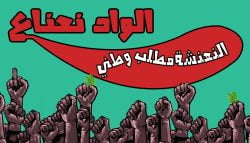
(Photo via Facebook.com)
Bass likes to describe his work in simple terms, emphasizing how we are all storytellers in one way or another: “Facebook is full of stories. Even the 3aza (funeral) is about stories; people coming together to tell each other stories about someone they loved.” Yet, despite this modesty, Bass’ work is clearly motivated by an activist streak within him: “Everything is political,” he says, “even choosing where to sit and have a coffee is political.”
Bass traces this sensibility to his modest background, describing himself as a “self-made man from a good family” who is as proud of his time “plucking chickens” as he is of his career as a writer. Working odd jobs while saving up for further education taught him a lot “about life, people, politics and capitalism,” and shaped the kind of art he’s interested in making.
In 2003, Bass traveled to the UK to play ‘Joker’ in Blind Flight, an intense film about two western hostages during the Lebanese Civil War. More recently, Bass wrote and directed two short films which also dealt with political themes: Both (2007), which premiered at the 46th Semaine de la Critique at Cannes, and Free Range (2013), which won the Robert Bosch Stiftung Film Prize for “its compassionate intelligence in telling the tragedy of borders and landmines using the language of absurd humor.”
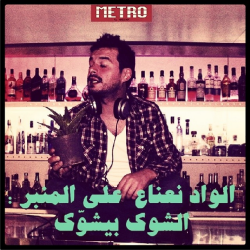
(Photo via Instagram.com)
Even his DJing started with a political idea. While his love for music began as a teenager in “a small village” mixing songs at weddings, it was only after he became involved as a producer at Metro al Madina that El Wad Na3na3 was born. And the main motivation behind Metro was to create an alternative space for the arts in Beirut.
“We created a space, and not just ‘a theater.’ People in Beirut fear that word because it feels exclusive. We were not interested in working on plays so that the same thousand people see them each time. We became a big part of the underground scene in Hamra, providing something for both 19-year-olds and my dad. This was partially a response to the ‘pub culture’ that was emerging in the area. We wanted to provide an alternative and have been quite successful.”
Given this success, it may come as a surprise to learn that Bass has very recently moved to Belfast. “I left Lebanon not because of a lack of jobs,” as many people are forced to do these days; “I left because I was absorbed by lost causes,” he laughs.
“I felt drained. Lebanon is a chaotic place. There are many important causes which I was involved in, but I felt lost. I’m not proud that I left, but I need time to focus on my writing. Now I’m doing what I can do best: I fight for causes in what I write.”
Through his life and work, Bass Breche provides an honest portrayal of the struggles of politically-engaged artists in Lebanon. This is one story many of us can relate to.
Bass is currently working on an online novel — or “wovel,” he says, jokingly — called ‘Thurayya and Her Mother,’ which will be launched in May.


